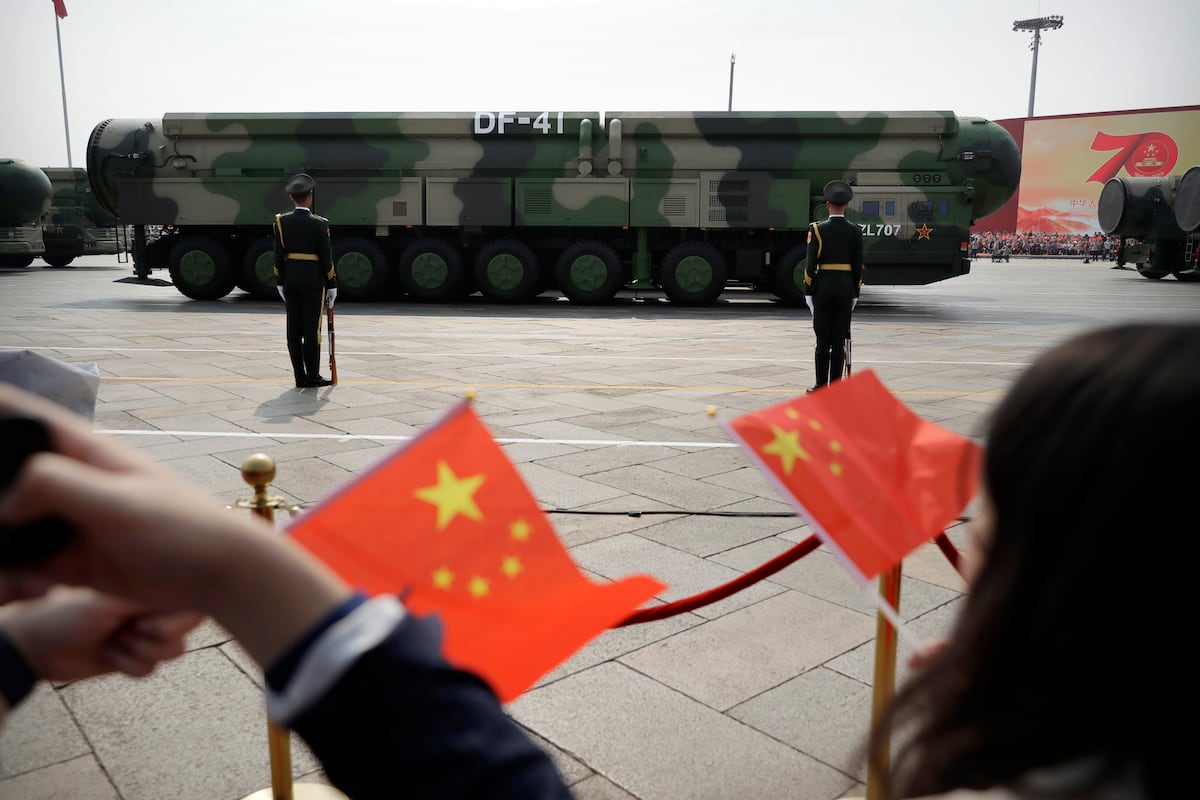Strengthening Europe’s Defense and Strategic Autonomy
In her recent State of the European Union address, Commission President Ursula von der Leyen emphasized the critical need for enhanced European defense capabilities and strategic autonomy, marking a pivotal moment for the continent amid ongoing geopolitical challenges. This speech underscored the urgency for Europe to bolster its self-reliance in the face of external threats.
Advancing Drone Capabilities: The EU-Ukraine Initiative
A cornerstone of von der Leyen’s proposals was the establishment of an innovative “drone alliance” between the EU and Ukraine. This ambitious initiative, backed by a €6 billion ($7 billion) investment, aims to reinforce Ukraine’s military capabilities while simultaneously enhancing Europe’s defense system. The rationale for this initiative is clear: as Ukraine has effectively revolutionized drone warfare, using unmanned systems to inflict substantial losses on Russian equipment, strengthening drone capabilities across the continent has become imperative.
- Key Points:
- The initiative seeks to improve both Ukraine’s military edge and European defense readiness.
- Drones have emerged as a decisive factor in the Ukraine conflict, leading to significant attrition of Russian forces.
Additionally, von der Leyen introduced a comprehensive “drone wall” initiative designed to safeguard EU member states from aerial threats, particularly from Russia. This move follows a recent incident where Russian drones entered Polish airspace, causing damage to civilian infrastructure—an alarming reminder of the necessity for robust defense mechanisms.
Eastern Flank Watch: Ensuring Regional Stability
Von der Leyen outlined the establishment of the “Eastern Flank Watch” project, emphasizing the significance of Europe’s eastern border in ensuring overall continental security. She asserted that the defense of this region is vital for the safety of all member states, spanning from the Baltic to the Black Sea.
- Objectives of Eastern Flank Watch:
- Facilitate independent strategic capabilities for real-time monitoring of troop movements.
- Eliminate ambiguity regarding European commitment to territorial defense.
- Enhance collective vigilance against potential incursions.
Financial Support for Ukraine: Utilizing Frozen Assets
The European Union is also taking significant steps to offer financial assistance to Ukraine amidst ongoing challenges. Von der Leyen announced a plan for “reparation loans,” leveraging approximately €210 billion ($246 billion) in Russian Central Bank assets currently immobilized in Europe. This financial strategy is designed to provide Ukraine with critical support without immediate dependence on Russian reparations, as the loan repayments would align with future reparations received by Ukraine.
- Financial Framework:
- Loans will be secured through interest and investment returns from frozen Russian assets, generating annual yields of approximately €2.5 to €3 billion ($2.9 to $3.5 billion).
- The initiative complements the nearly €170 billion ($199 billion) already provided by the EU in military and financial aid to Ukraine.
Reassessing the EU’s Stance on Israel
In addition to defense and financial initiatives, von der Leyen signaled a shift in the EU’s approach to the ongoing conflict in Gaza. Her speech suggested a more assertive posture, proposing to temporarily halt bilateral support to Israel and introduce sanctions targeting extremist officials. This response reflects the EU’s acknowledgment of the complex dynamics at play in the region.
- Proposed Measures:
- Suspension of specific trade-related aspects of the association agreement with Israel.
- Implementation of targeted sanctions against individuals contributing to violence and extremism.
The address received mixed reactions from European parliamentarians, highlighting the contentious political landscape surrounding these issues. Many members expressed solidarity with Gazans, indicating that the EU’s foreign policy is increasingly scrutinized in light of humanitarian concerns.
Conclusion: A Turning Point for European Defense
Ursula von der Leyen’s address signals a turning point for Europe’s defense and strategic framework. As the continent faces unprecedented external challenges, the proposals laid out not only aim to fortify military capabilities but also reflect a broader commitment to strategic autonomy. The initiatives presented, especially those involving innovative technologies and financial strategies, exemplify the EU’s determination to safeguard its interests and assert its role on the global stage.
In a world marked by instability and uncertainty, Europe’s ability to adapt and innovate in defense will be pivotal in maintaining its sovereignty and security. As these initiatives unfold, the coming periods will be crucial in determining Europe’s path toward enhanced military readiness and political cohesion.





